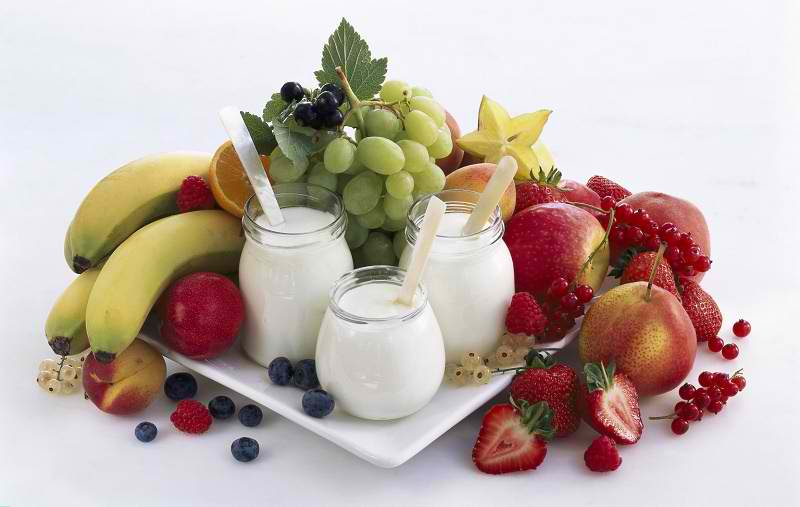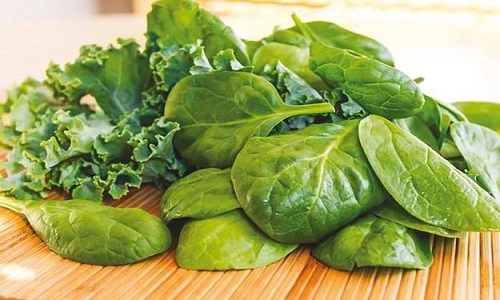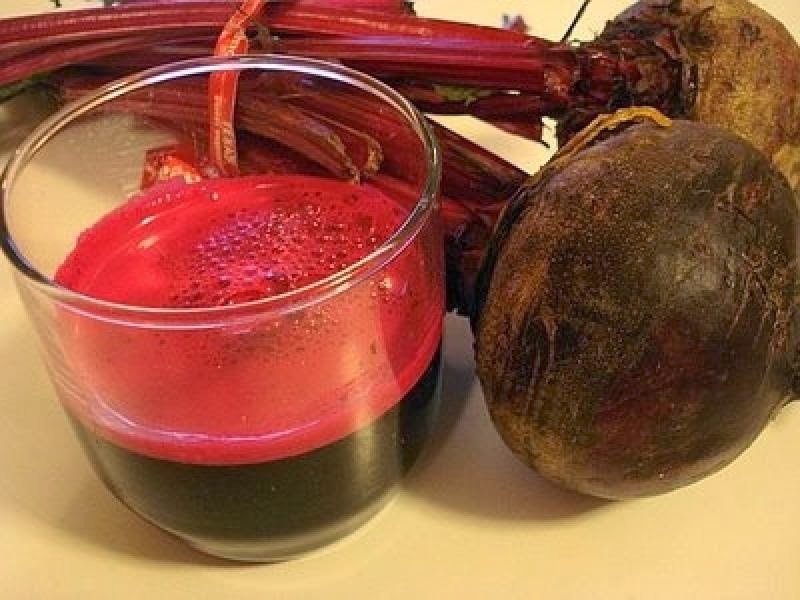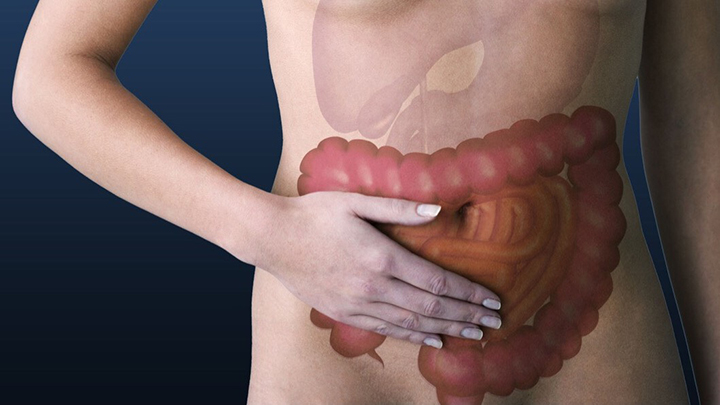The appendix sits between the small and large intestine which is believed to protect the good bacteria of the digestive system.
Appendicitis occurs when the appendix becomes inflamed, either from an infection, tumor, worms, or other medical condition.
About 1 in 20 people in the U.S. develop appendicitis, so here are some foods and supplements that can alleviate the symptoms and speed up the recovery.
Food & Nutrition Diet (Meal Plan) for Appendicitis
#1 Recommended Breakfast Diet for Appendicitis

When the worst of the appendicitis is over and it’s time to re-introduce food back into the diet, it’s best to start with foods that are bland and that patients know they can tolerate.
For breakfast, some fruit and milk is a good place to start. They might need to depend on fruit for a few days after appendix surgery, so getting a variety of citrus fruits and berries is good.
Over time, some plain oatmeal mixed with some milk could be another breakfast option, but only after initial recovery.
#2 Recommended Lunch Diet for Appendicitis

Starting out, a post-appendicitis diet is pretty boring.
The intestines are getting back into the swing of things and the body might be freaking out a little. It’s best to start with something basic for lunch, such as steamed veggies.
Steaming them makes them softer and easier to digest, and this cooking method doesn’t require any oil or butter. Of course, adding small amounts of fat is okay if recovery is going smoothly and the body is ready for it.
People can add whole grains, such as brown rice or some toast, to the meal as they see fit.
#3 Recommended Dinner Diet for Appendicitis

Again, veggies are going to be an appendicitis patient’s best friend for a couple of weeks.
A variety of veggies will help them get different vitamins and minerals as well as beneficial nutrients to speed up recovery.
People might want to add some nuts or seed, as well as a small glass of milk. It’s important to avoid gas-producing vegetables, such as broccoli, cauliflower, and beans. These won’t feel very good to digest for someone who just had their appendix removed.
The good news is that vegetables provide a good amount of fiber, which will help with recovery and keep the digestive system happy.
#4 Recommended Snack Diet for Appendicitis

By now it’s pretty obvious that an appendicitis-friendly diet is mostly vegetarian.
Vegetables can be especially beneficial for appendicitis patients, but only if their bodies can tolerate them.
A mixture of cucumbers, carrots, and beets creates a colorful veggie juice that goes down easy and doesn’t put much strain on the digestive system.
Adding some fruit to the mix can help add more flavor. Buttermilk is an easy-to-digest drink that can serve as a snack or part of a meal.
#5 Recommended Drinks for Appendicitis

People who are suffering from appendicitis should go easy on the beverages while they are in recovery.
Too many fluids can end up making symptoms worse. That being said, some people can tolerate milk after their operation, so they should experiment to see if their body can handle it.
If so, they might try blending some low-fat milk into a smoothie, or just having a glass of milk.
Another beverage that some people find beneficial post-surgery is lukewarm water with some fresh lime juice mixed in along with some honey. It can be a soothing wake-up drink.
Water will be crucial in getting bowel movements back to normal.
#6 Recommended Herbs for Appendicitis

People with appendix pain might find relief through a dressing or poultice made of herbal supplements. They can combine a mixture of lobelia and mullein leaves with crushed ginger and cornmeal.
Comfrey tea may help to alleviate intense symptoms, and applying castor oil topically to the abdomen is another alternative treatment.
To move bowel movements along, patients might want to try herbal teas, including peppermint, catnip, and ginger.
#7 Recommended Fruits for Appendicitis

Fruit is the only food group that doesn’t have many restrictions.
Fruits contain simple sugars that are easier for the body to process, and having them in liquid form makes things even easier.
People getting over appendicitis should try to incorporate their favorite fruits into their post-surgery diet. It will at least give them something to look forward to, plus the fruit will be much easier to digest than other solid foods.
Freshly-squeezed juices and blended smoothies can help to add more variety to this simple diet. A couple of times a week, patients might try adding some low-fat milk to their smoothies.
#8 Recommended Vitamin/s for Appendicitis

Vitamins A, B, C, and E offer the benefit of keeping toxins away.
When a person ingests vitamin B12, it goes through the small intestine, into the large intestine and aids in the development of neurons.
A supplement will probably be necessary since vitamin B12 is mostly found in meat.
However, vitamin C, another helpful vitamin, is packed into many fruits. Vitamin C works with the body to metabolize anesthetics from surgery, plus it strengthens immunity and speeds up healing.
Vitamin A has similar immunity-boosting benefits, particularly for people who are deficient or don’t eat meat.
#9 Recommended Mineral/s for Appendicitis

A combination of bromelain, vitamin C, and grape seed extract proved useful in an appendicitis study at the University of Texas.
Zinc is another mineral that can boost healing in the body, so it’s a great supplement for patients to include.
Another study found that a combination of arginine (an amino acid) and omega-3 fatty acids fight off up to half of all surgical infections. Glutamine is another amino acid that improves gastrointestinal health.
#10 Discouraged Foods for Appendicitis

Fatty foods will exacerbate symptoms of appendicitis. This is because high-fat foods are very hard to digest, so it puts unnecessary extra pressure on the intestines.
This means that patients should stay away from fatty meats such as beef, dairy products (especially full-fat ones), desserts, fried foods, and whole eggs. They should also steer clear of foods that have lots of butter, oil, or milk in them.
Lots of sugar will also slow down the recovery process, so cakes and other sweets should be off limits.
Immediately after surgery, patients will probably need to take an all-liquid diet to let the digestive system acclimate. Slowly, over time, they can re-introduce whole, solid foods.
A doctor’s advice is best in this regard.
*If you have any concerns or questions about your health, you should always consult your doctor before making any changes to your diet or nutrition program.
- READ MORE





me love